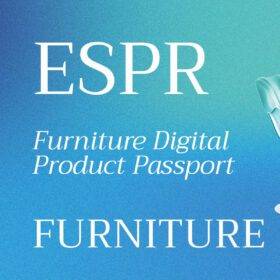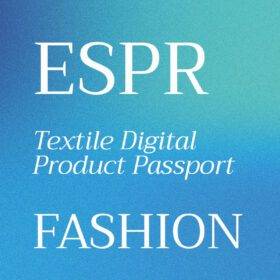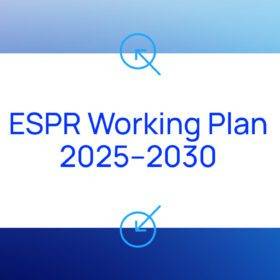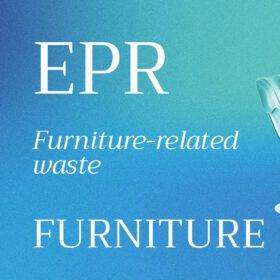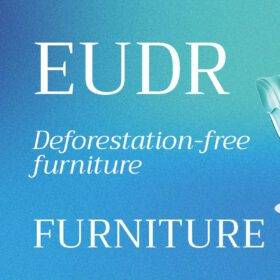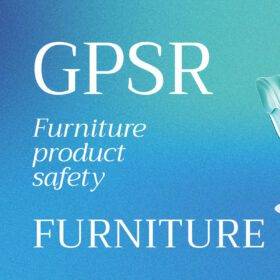In this article, we explore the ESPR regulation for furniture and design, including the Made in Block software solution by EZ Lab, which helps companies achieve compliance within the required timeframe while unlocking the true potential of data transparency when communicated effectively to consumers. The Ecodesign Regulation (ESPR) is a European Union law that promotes product sustainability and circularity, enhancing durability, efficiency, and recyclability. In the furniture sector, it sets new requirements for materials, production, and disposal to reduce the overall environmental impact.
Reading time: 4 minutes
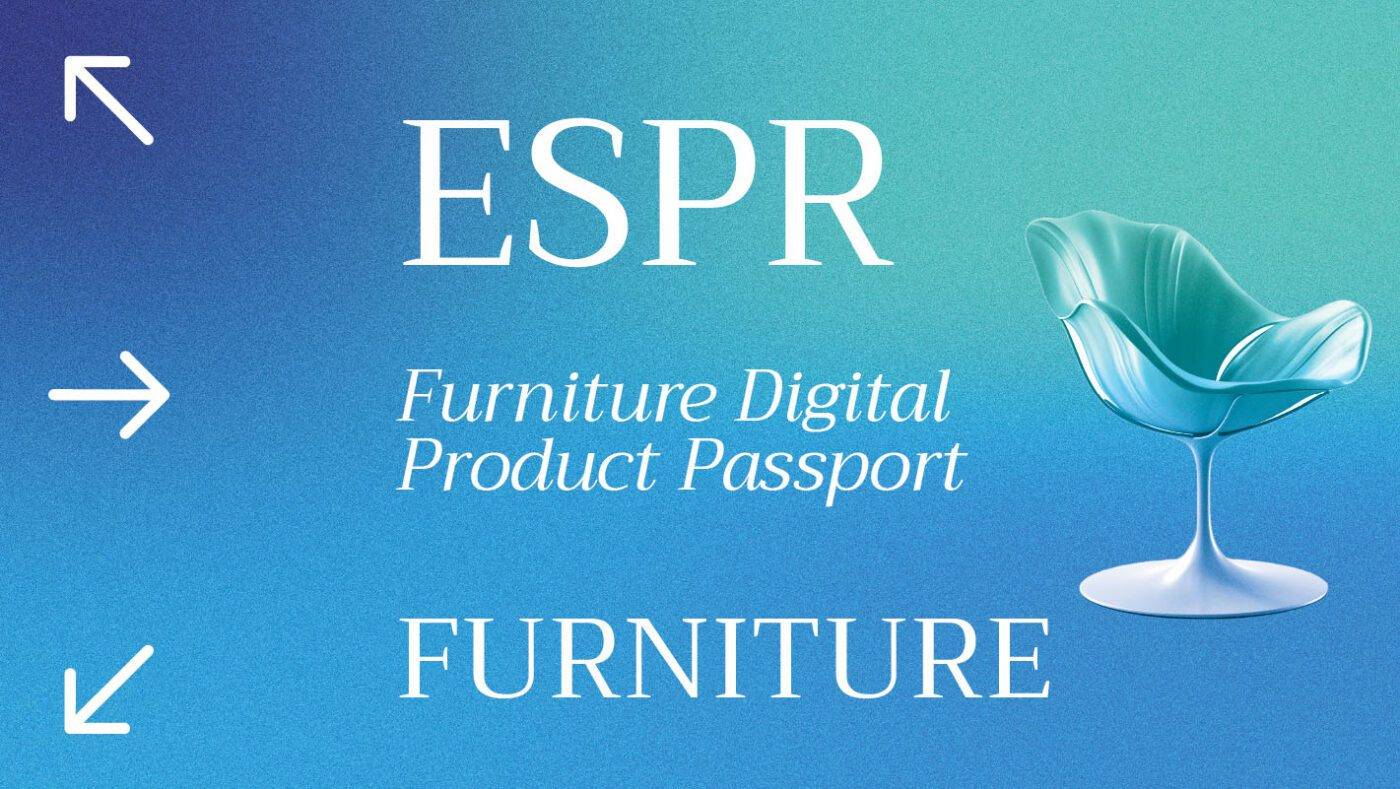
Index
- The key ecodesign requirements of the ESPR for the furniture sector
- What the Digital Product Passport (DPP) means for the future of furniture
- Timing and compliance to ecodesign requirements in furniture
- Digital Product Passport for furniture: our proposal aligned with the Ecodesign Regulation
- Explore the latest news on the Ecodesign Regulation (ESPR)
- Discover the other EU Regulations in the furniture and design sector
The key ecodesign requirements of the ESPR for the furniture sector
The ESPR establishes ecodesign criteria that will be specified through sector- or product-specific delegated acts and communicated via a standard tool, the Digital Product Passport:
- Durability, repairability, and reusability: Furniture should be designed to last longer and be easier to repair.
- Recyclability: The regulation encourages the use of recycled materials and the reduction of harmful substances.
- Resource efficiency: The goal is to minimize the environmental impact throughout the entire product lifecycle, from production to disposal.
- Information and transparency: There is an obligation to provide clear and accessible information about the environmental impact of products, which should be communicated through updated labels or the Digital Product Passport.
What the Digital Product Passport (DPP) means for the future of furniture
The Digital Product Passport (DPP) is a key tool introduced by the Ecodesign Regulation. For the furniture industry, the DPP offers essential information on materials, sustainability, and recyclability. Through a simple QR code or NFC, both consumers and supply chain operators can easily access this data, enhancing transparency, increasing product value, and making every purchase more informed and responsible.
Timing and compliance to ecodesign requirements in furniture
The Ecodesign for Sustainable Products Regulation (ESPR) entered into force on 18 July 2024. The first Working Plan 2025–2030 was adopted on 16 April 2025, establishing a priority schedule for the product categories subject to the new ecodesign requirements. In particular, deadlines will be defined for the adoption of product-specific delegated acts outlining ecodesign rules. Among the priority areas identified are furniture, including mattresses. Furniture is expected to be formally included by 2028, while mattresses will follow in 2029.
Digital Product Passport for furniture: our proposal aligned with the Ecodesign Regulation
Made in Block’s Digital Product Passport integrates blockchain and AI to help companies in the furniture sector activate full supply chain traceability and reliably communicate product qualities to customers. It offers a new digital touchpoint for end consumers, enabling interaction with the production process and access to advanced services. By connecting stakeholders across the value chain, it fosters more ethical, transparent, and competitive business models. Activating Made in Block’s Digital Product Passport equips companies with the tools they need—tailored to their specific context—to meet the requirements of the Ecodesign regulation. Beyond compliance, the Digital Product Passport is the foundation of a long-term strategy that adds value and sets products apart in the market.
Want to learn how to adapt your company to the ESPR Regulation and implement the Digital Product Passport (DPP)? Contact us for a personalized consultancy!
Explore the latest news on the Ecodesign Regulation (ESPR)
- ESPR for furniture and design: the compliant software solutionIn this article, we explore the ESPR regulation for furniture… >
- Digital Product Passport Regulation – EU ESPR for FashionIn this article, we delve into the Digital Product Passport… >
- ESPR Working Plan 2025–2030: what you need to know nowThe ESPR Working Plan 2025–2030 has been officially published. It… >
Discover the other EU Regulations in the furniture and design sector
- Extended Producer Responsibility (EPR): the platform you needWhat does Extended Producer Responsibility (EPR) mean in the context… >
- ESPR for furniture and design: the compliant software solutionIn this article, we explore the ESPR regulation for furniture… >
- The smart solution for EUDR wood and furniture complianceIn this article, we take a closer look at the… >
- GPSR for furniture: the compliance solutionIn this article, we explore the GPSR for the furniture… >









